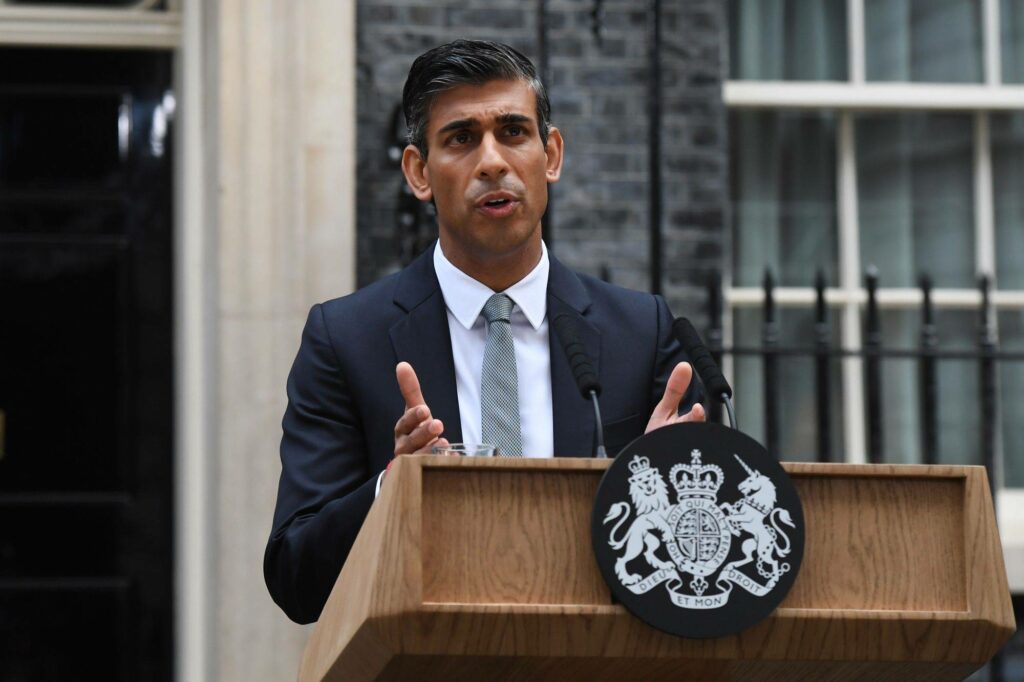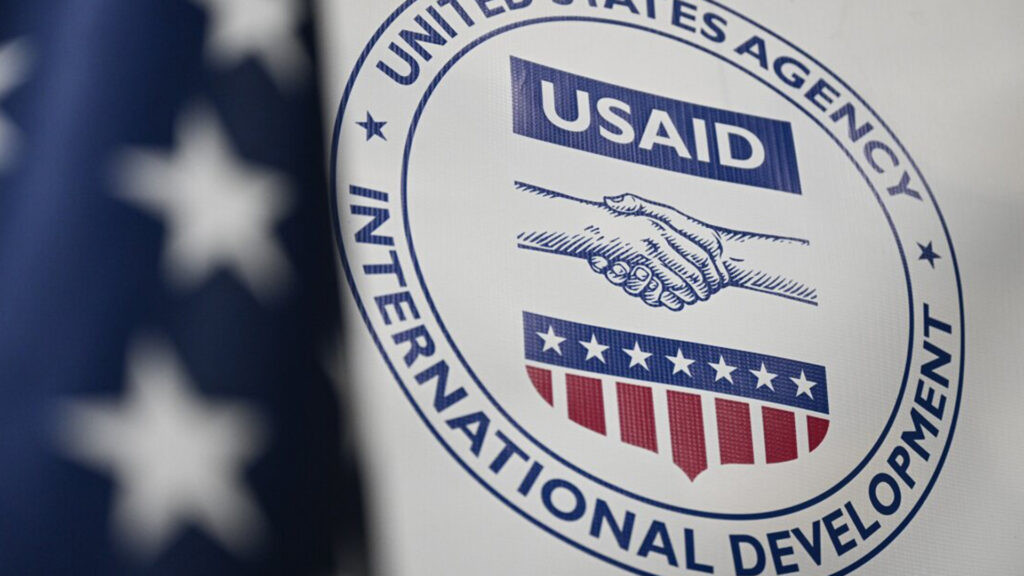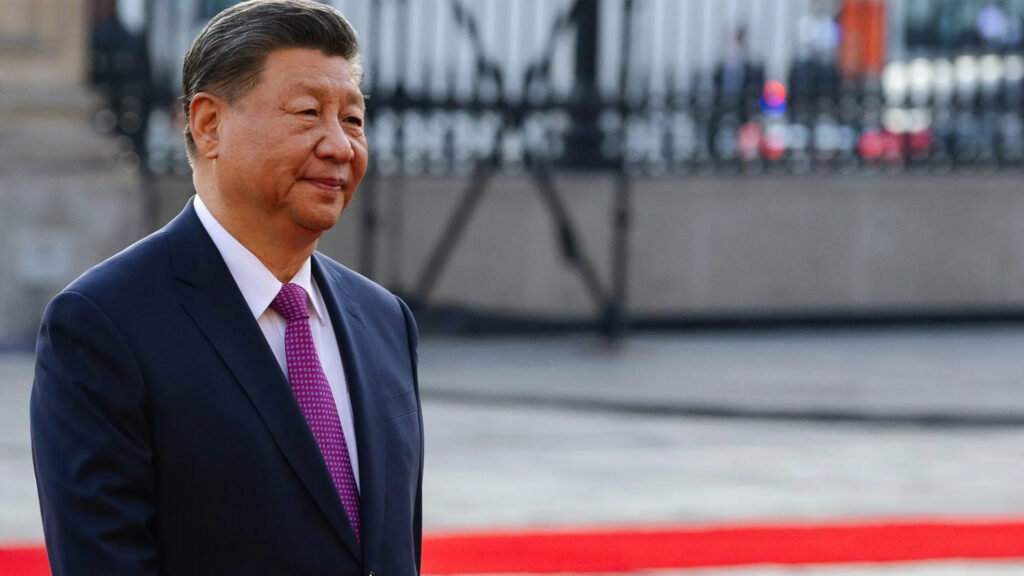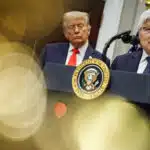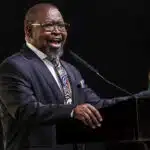During an audience at Buckingham Palace, King Charles III welcomed Rishi Sunak. After Sunak met with King Charles III at Buckingham Palace and was asked to form a new government, he became UK's third prime minister in seven weeks.
Sunak is the UK's first PM of color, the first Hindu, and at age 42 the youngest leader in more than 200 years (since 1812).
Outside his new office at 10 Downing Street, Sunak said in his first speech as prime minister that he would try to fix the mess left by his predecessor Lizz Truss, restore faith in politics, and tackle a “profound economic crisis.” Sunak warned the country that there would be difficult decisions ahead.
He paid tribute to Truss, whose experimental economic program sent the markets into a meltdown and ultimately led to her resignation after just 44 tumultuous days in office. Sunak also hit out at another predecessor, Boris Johnson, by saying the mandate the Conservatives were handed at the 2019 election won by the former prime minister was not the property of one individual.
“I want to pay tribute to my predecessor Liz Truss … But some mistakes were made. Not born of ill will or bad intentions. Quite the opposite, in fact. But mistakes nonetheless,” he said.
“And I have been elected as leader of my party and your prime minister, in part to fix them. And that work begins immediately. I will place economic stability and confidence at the heart of this government's agenda. This will mean difficult decisions to come.” Appealing to a public burdened by rising energy and food prices, Sunak, one of the wealthiest lawmakers in parliament with a combined family fortune of more than $850 million, said he fully appreciated how hard things were for many.
“All I can say is that I am not daunted. I know the high office I have accepted and I hope to live up to its demands,” he said.
“So I stand here before you ready to lead our country into the future. To put your needs above politics, to reach out and build a government that represents the very best traditions of my party. Together we can achieve incredible things.” Sunak is expected to immediately begin appointing a Cabinet and getting to work on boosting the economy sliding toward recession.
Britain's Economic Turmoil
Johnson pulled out of the contest to replace Truss late Sunday, after signaling for several days that he was mounting a dramatic return to Downing Street after his own resignation in July. He ended his nearly three-year, scandal-laden premiership amid a wave of resignations from his Cabinet over allegations he broke his own coronavirus lockdown rules by holding a series of social events, and amid dissent over his handling of harassment claims made against a Conservative lawmaker.
He stepped into the role at a time when Britain is confronting extraordinarily difficult economic conditions.
Predictions point to the economy already being in recession and the country is burdened with some of the most expensive energy and borrowing costs in Europe—the latter of which is only made worse by Truss' choice to slash taxes aggressively, a move that shocked bond market investors and resulted in a warning from the International Monetary Fund about further inflationary pressure. In September, inflation in Britain reached 10.1 %, the highest it's been in 40 years.
He is a former banker and served as Chancellor of the Exchequer—aka finance minister—in Boris Johnson's government. He was in charge of Johnson's economic relief package for businesses and employees during the coronavirus pandemic but resigned over the summer because of what he cited as a "fundamentally different" approach to dealing with Britain's cost of living crisis and government "standards"—the latter being a reference to Johnson's often clumsy and inflammatory leadership style, which has led to several accusations of misconduct.
A Goldman Sachs alum, Rishi Sunak, was anointed the UK's prime minister on Tuesday, 25th October 2022, continuing a trend of Group of Seven policymakers being former Goldman Sachs employees. Since December 2005, a Goldman Sachs alumnus has always held one of three positions in the G-7 economies: prime minister, finance minister, or central bank chief. Mario Draghi's resignation as Italian prime minister broke the streak last Sunday.
